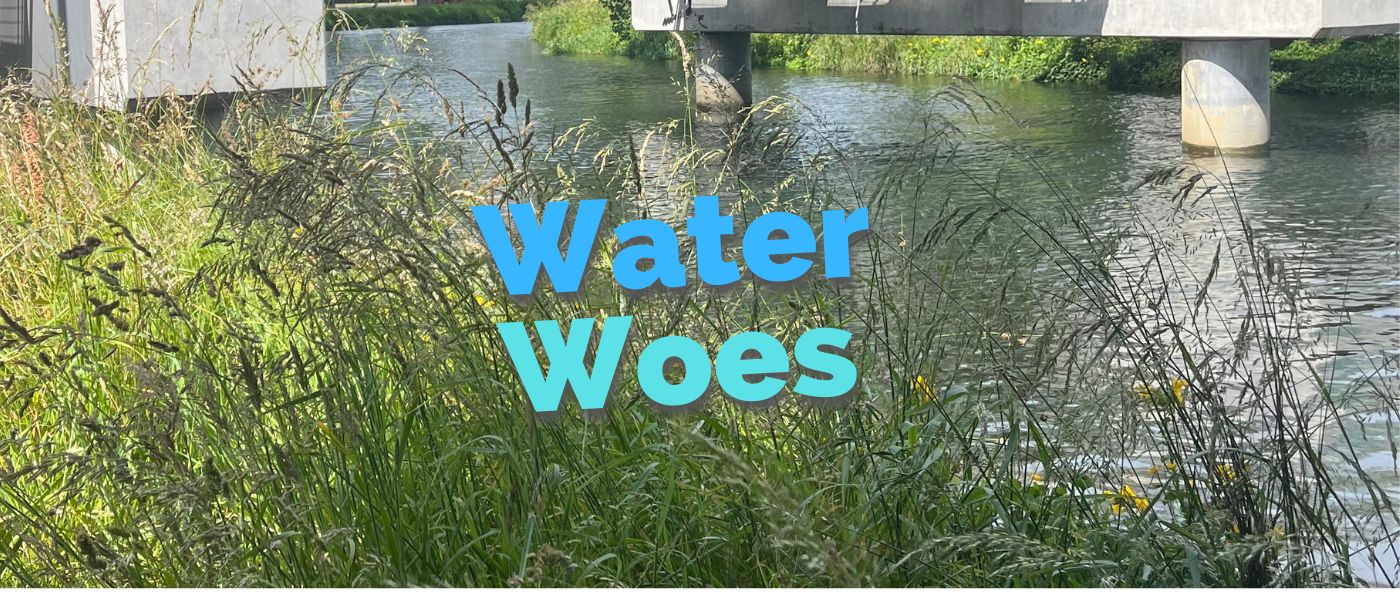
Suddenly, it feels like water is continually at the centre of the news cycle. If it is not floods, it’s a drought; if it is not leaking pipes, it’s Three Waters or Te Mana o te Wai. Why are there so many water woes and are they related ?
Water and the environment are inextricably linked and rightly so. Without adequate water, land becomes unable to support life. Water that is polluted cannot properly support life either. Ask any farmer – water is a vital part of the agricultural economy. Since this has always been so, why are water woes heading the news?
Climate change Unfortunately, climate change changes everything. Just when it is least convenient, suddenly the storms and droughts become significantly bigger and more damaging. It is difficult to reform anything against a background of devastation like Cyclone Gabrielle and flooding that causes massive landslips and house evacuation on a wide scale. However, high rainfall events are now part of life on planet Earth and are likely to get worse until we manage to reverse the heating effect of how we live on it.
2017 environment election Do you remember back to the 2017 national election? It was held against a background of the 2016 drinking water contamination in Havelock North that hospitalised 45 people and was linked to the death of 3. The 2017 election also came on the back of the National government’s efforts to address rural water quality issues without affecting farming. The Labour-NZ First government that was elected in 2017 commenced a series of reforms aimed at turning around the continual decline of water quality in the nation’s lakes and rivers.
Aspects of the reform programme This reform of water management was no small undertaking; it was composed of a series of significant step changes over several years that included:
- An Essential Freshwater programme, including new environmental standards, mandated farm plans and more stringent rules around fencing and nitrogen loss
- An upgraded National Policy Statement for Freshwater Management giving priority to water quality through managing freshwater in a way that gave effect to Te Mana o te Wai
- Overhaul of the Resource Management Act
- A Water Services Entity Act which established a new independent water regulator, Taumata Arowai
- New publicly-owned entities around the country for the delivery of water services taking over from local councils
Opposition to reform There is always opposition to change and the bigger the change, the greater the opposition. Strangely, in the case of water, almost no one opposes the concept of clean, swimmable (if not drinkable) rivers and lakes, and safe drinking water; everybody seems to want reform of water use and abuse so that we have these. However, the cost and consequence of reform is an issue for many.
A problem for farming Farmers, almost all of whom have waterways of some size on their land, have largely been prepared to make minor changes to land use and most, albeit under regulation, have undertaken fencing and planting of waterway setbacks at some cost to their operation.
Unfortunately, if there is to be adequate sustained improvement to water quality in rural waterways, fencing and planting are just the first steps towards a reversal of current trends. The more essential steps that will have to be made include:

Fencing stock out of waterways is just the first step towards on-farm water quality improvement…but a costly one for farmers.
- a significant reduction in intensive farming within many catchments, especially on the porous soils of the Canterbury Plains,
- a reduction in the water extraction for irrigation to within environmentally sensitive limits
- a significant reduction in the use of artificial fertilisers,
- a reduction in herd size, and
- the implementation of new farming techniques.
All of these changes have the potential on some farms to increase on-farm costs and reduce income to the point where industrial farming is economically questionable. Add to this the impacts of climate change not to mention compulsory farm plans and tighter winter grazing regulations and it is not hard to see why farmers are hurting at present.
Cities are also a problem Farming communities, tired of the environmental finger-pointing of urban dwellers, are right to point to the impact of urban communities on water quality. Urban wastewater systems and stormwater create significant contamination issues for waterways that pass through or near urban areas. Roads, housing, industry and transport all contribute to the degradation of our waterways, so we are all, rural and urban communities, part of the problem and part of what will need to be a solution.
Te Mana o Te Wai Te Mana o te Wai has been part of the National Policy Statement for Freshwater Management since 2014 but its importance was increased in the 2020 version. Te Mana o te Wai is an organising concept for environmental action. Whether it is called “Te Mana o te Wai” or “the life-supporting capacity of freshwater”, the concept helps to ensure that the health and well-being of water is protected as the highest priority and that human needs are provided for before enabling any other uses of water. If Te Mana o te Wai had been part of our regulatory scene much earlier, many of the current issues would not exist.
Unfortunately, the place and importance of Te Mana o te Wai is under threat from the new National-ACT-NZ First government which has indicated that as part of its Resource Management Act reforms, it intends to reduce the impact of Te Mana o te Wai. Whatever eventuates, it won’t be water quality that wins; the agricultural industry is motivating these changes as a reaction to increased regulation of farming practices. Unfortunately, it feels as if the country is heading backwards environmentally.
Three Waters Pipes and water systems, whether for drinking water, sewage or drainage, all have a finite lifespan. They need to be upgraded before they deteriorate. Unfortunately, many local councils, pursuing a low-rates mandate, have delayed appropriate infrastructure upgrades to spend the money elsewhere. To afford the upgrades to water services now required across the motu, the immense cost that has accumulated must be spread over several generations, which means long-term loans. Most local councils have relatively small rating populations and can not afford to take these costs into their current financial arrangements.
The angst over the Three Water reforms of the last few years has all been about ownership of the pipes versus ownership of the cost of the upgrade. The new coalition government has yet to spell out the detail of its preferred solution to this situation, but in effect it will probably not be very different from the 10-entity solution that was eventually arrived at by the previous government.
For urban rivers like the Ōpāwaho Heathcote River, which is an intimate part of the stormwater system of Ōtautahi Christchurch, having a water entity that is accessible and responsive to the community voice is of paramount importance.
Are these issues related ? Against a background of the pandemic and relatively high inflation, the common denominators for all these issues are politics and finance. As a reaction to recent events, some voters have swayed towards more populist values such as small government, personal rights, low taxes and climate change resistance. That probably will mean that improving a deteriorating environment will receive a lower priority for the next couple of years, giving ground to a primacy for agriculture and speculative development.
However, in the end, the environment always trumps the economy and, as Wellington is currently witnessing, water infrastructure inadequacy trumps just about everything else. So we can expect to see improvements in the near future to water infrastructure but we will all be paying for it directly. Whether we see a continuing decline in water quality in our rural waterways will depend on how far farming turns its back on significant changes to land use and farming practices.
Urban rivers will be even harder to improve: they will require lifestyle change, particularly in terms of transport options, as well as withdrawal from river margins and greater pre-treatment of stormwater. None of this will be easy within Ōtautahi Christchurch, and particularly for the Ōpāwaho Heathcote River given its urban history.
When communities put aside personal interest to agree and fund solutions that benefit the environment as a priority, everyone wins; but it will almost certainly involve higher taxes and/or rates, changes to lifestyle and convenience, and changes to farming practices.
